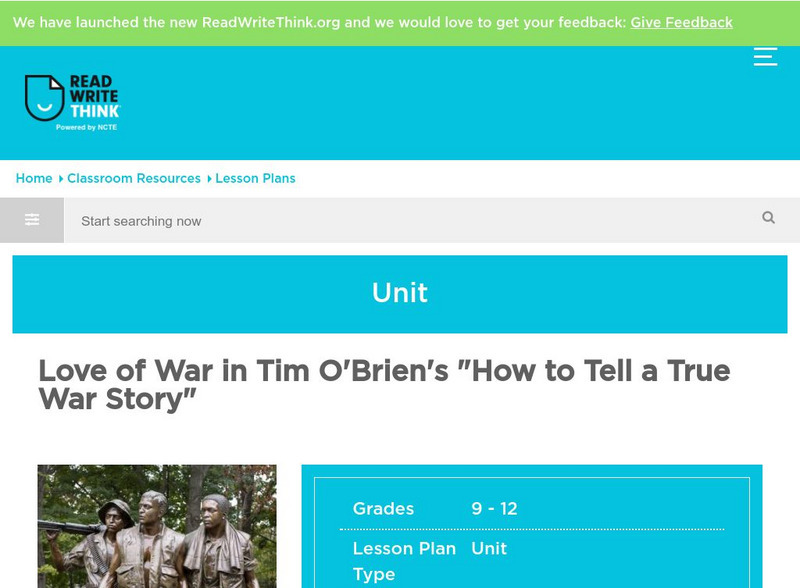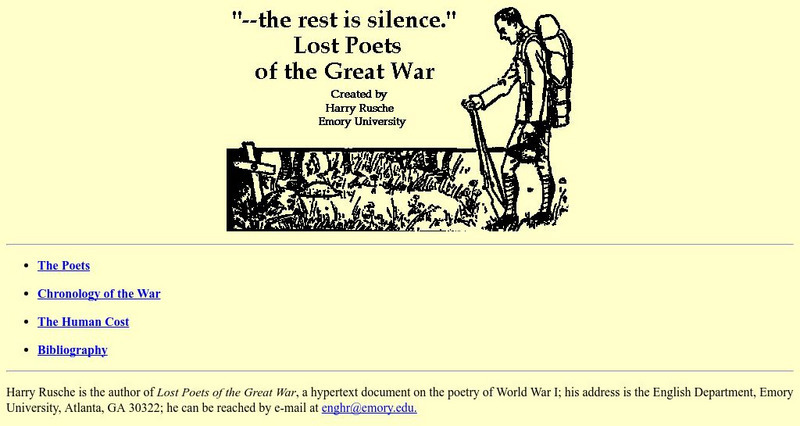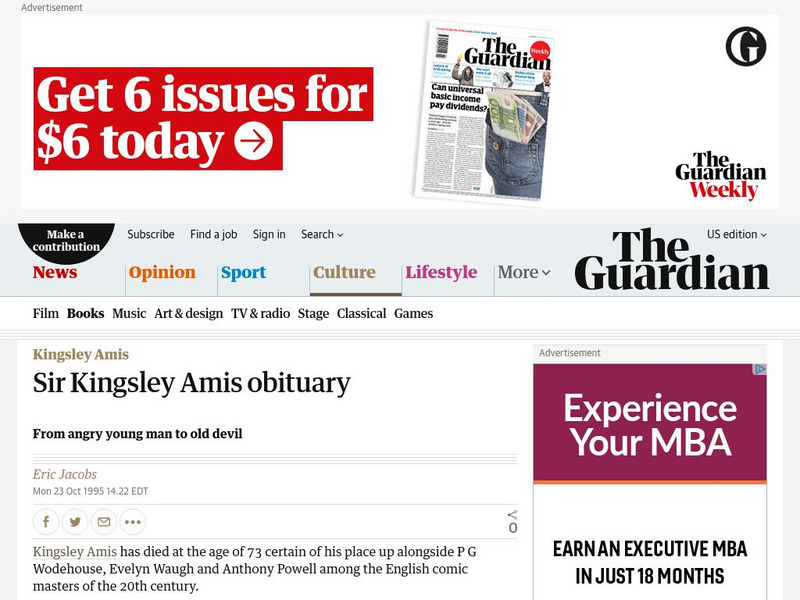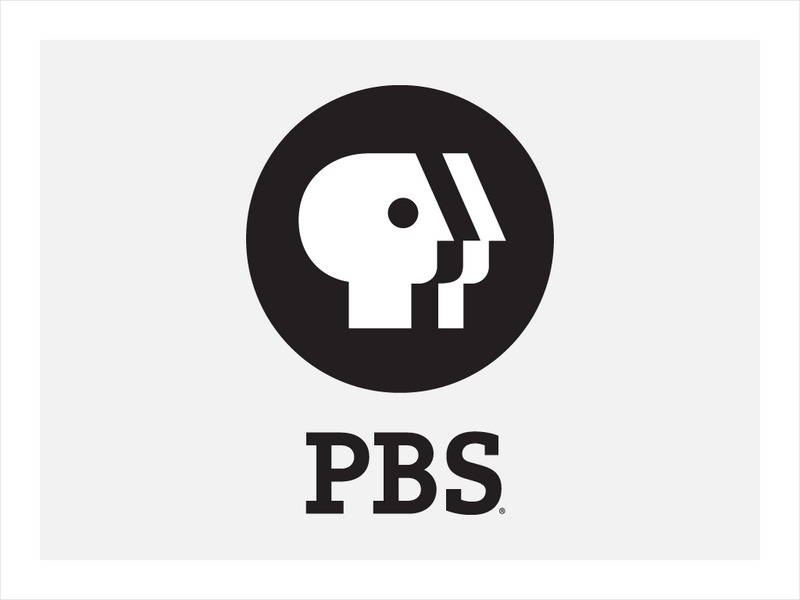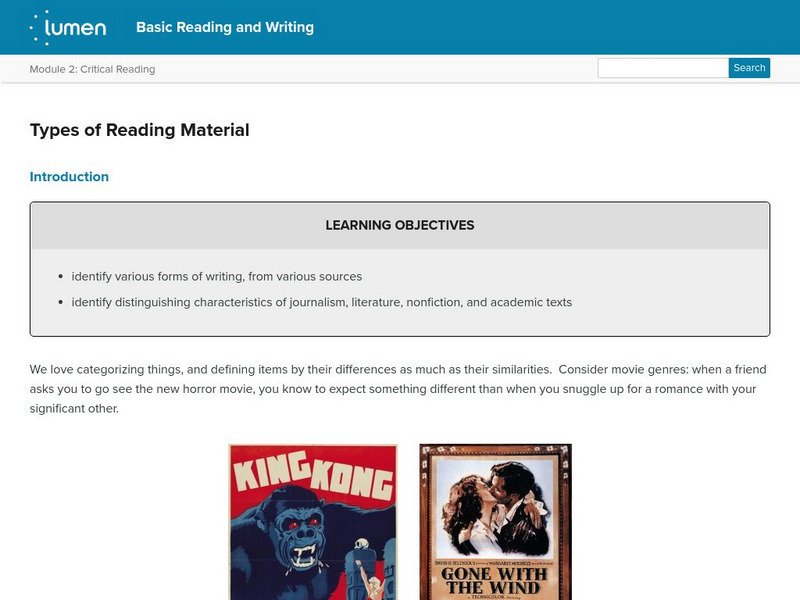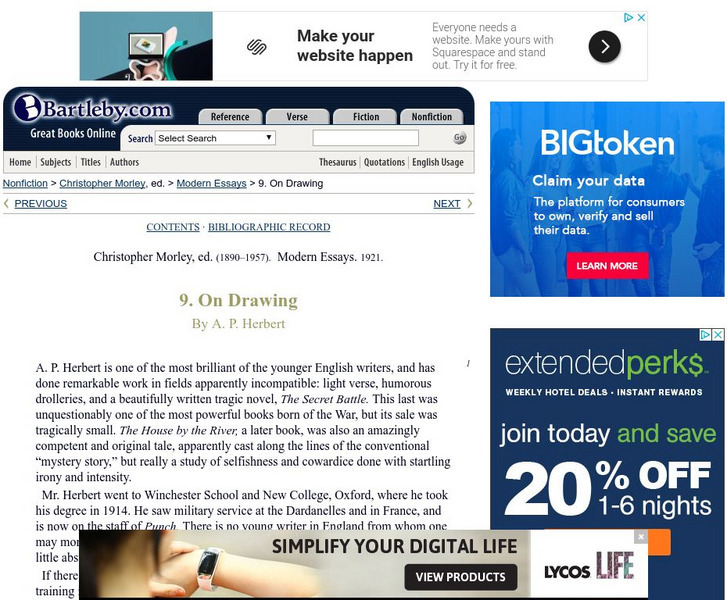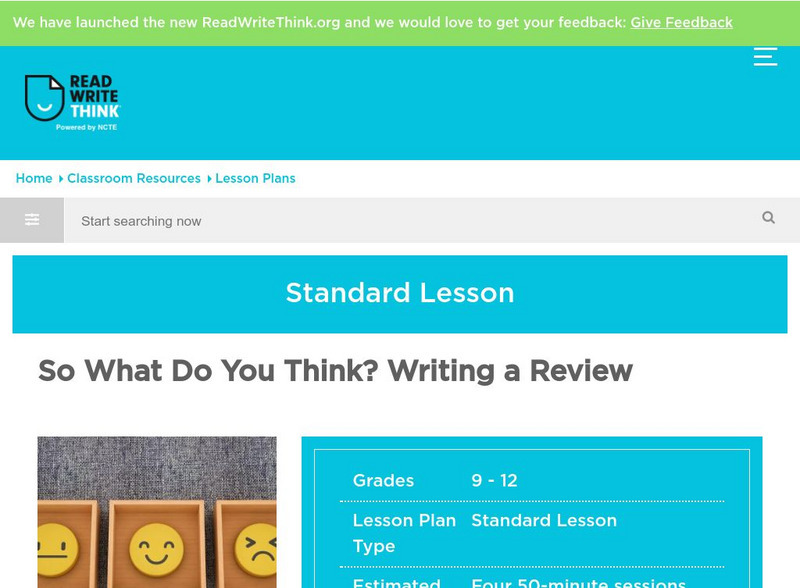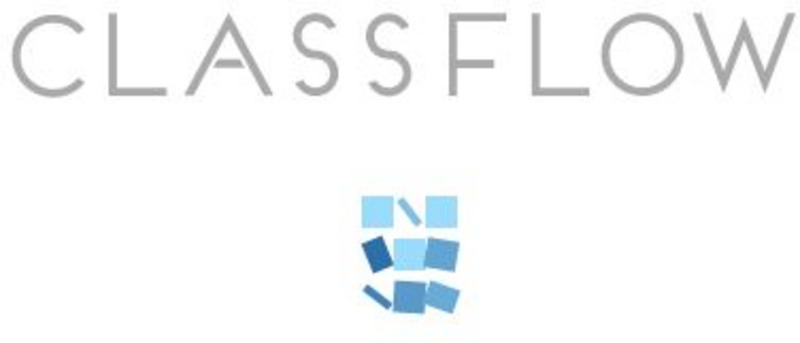Georgia Department of Education
Ga Virtual Learning: Contemporary Issues: Propaganda
This lesson focuses on the seven types of propaganda and their uses. It features a link to a Wikipedia article "Propaganda" and provides an interactive assessment of the seven types.
Georgia Department of Education
Ga Virtual Learning: Animal Farm: George Orwell and Literary Terms
This lesson in the Animal Farm unit focuses on George Orwell, literary terms, and the Russian Revolution. It provides links to biographies of Orwell including text and video, links to literary terms fitting to Animal Farm, and links to...
PBS
Pbs: The American Novel
Information and analysis on the central concerns, characteristics, and distinguishing features of American literature, presented in timeline format. With synopses of classic works, biographical sketches, overviews of literary movements,...
John F. Kennedy Center
The Kennedy Center: Lesson Plan: Monsters
Following a reading of the epic poem Beowulf and the contemporary text inspired by it, Grendel, students create their own monster. Lesson plans provide assessment criteria, extension ideas, and a list of resources.
Houghton Mifflin Harcourt
Holt, Rinehart and Winston: Elements of Literature: Discovering Irony [Pdf]
A brief PDF worksheet in which students can assess the irony in a given piece of literature. They will document the type of irony, an example from the text, and its effect on the reader as indicated by the boxes.
ReadWriteThink
Read Write Think: Defining and Exploring an Author's Stylistic Choices
Contains plans for two lessons that teach students how to recognize an author's use of style in literature. These plans use "Their Eyes Were Watching God" by Zora Neale Hurston as an example, but the basic ideas can be adapted to other...
ReadWriteThink
Read Write Think: Love of War in Tim O'brien's
Contains plans for six lessons that use Tim O'Brien's "How to Tell a True War Story" to explore the relationship between war and love. In addition to objectives and standards, this instructional plan contains links to sites used in the...
Emory University
Emory University: Lost Poets of the Great War
This marvelous site offers a chronology of WWI, an assessment of its cost to society, and links to such poets as Rupert Brooke and Wilfred Owen. Has a plethora of information on the war.
The Guardian
Guardian: From Angry Young Man to Old Devil
This lengthy evaluation of Amis's life provides a wealth of information on the man and his works as well as an assessment of his role in modern literature.
PBS
Pbs: Interactive Poetry
What is interactive poetry? Use this website to learn more about this form of poetry.
Lumen Learning
Lumen: Critical Reading: Types of Reading Material
This lesson focuses on the types of reading material and their distinguishing features. It also included two videos including the key features from a newspaper story video and a video that defines scholarly articles.
Blackdog Media
Classic Reader: The Homely Heroine by Edna Ferber
This resource includes the full text of a classic short story by Edna Ferber, "The Homely Heroine." This story is part of the classic literature collection from Classic Reader. A brief introductor to the story's background is provided,...
Bartleby
Bartleby.com: On Drawing by a.p. Herbert
While this article is focused on Mr. Herbert's assessment of drawing, the introduction offers a glimpse of evaluation of The Secret Battle.
Fun Trivia
Fun Trivia: Louisa May Alcott Trivia Quizzes
This site shares a collection of quizzes to assess the writings of Louisa May Alcott.
ClassFlow
Class Flow: Short Story Unit Applying Literary Terms
[Free Registration/Login Required] This flipchart is a review and assessment of a collection of short stories. The following literary terms are applied to the stories: plot structure, types of characters, characterization, irony,...
ClassFlow
Class Flow: Topic & Main Idea
[Free Registration/Login Required] Recognizing the main idea is the key to good comprehension. The main idea is a general idea under which fits all the supporting material of the passage or paragraph. Learn and use three strategies that...
E Reading Worksheets
E Reading Worksheets: Animal Farm Worksheets
These E Reading Worksheets provide supplemental questions, quizzes, tests, and projects that will help assess students' comprehension of the book Animal Farm, a novel written by George Orwell.
Georgia Department of Education
Ga Virtual Learning: Norse Mythology
This is a comprehensive unit on Norse Mythology including, key words, Norse history and background, Norse literature, Norse poetry (old and modern), Norse gods and creatures, assignments, quizzes, diary entries, and an final assessment...
ReadWriteThink
Read Write Think: Blogtopia Blogging About Your Own Utopia
Contains plans for six 50-minute lessons that ask young scholars to blog about their own Utopian societies after reviewing some Utopian literature. Can be used in conjunction with Sir Thomas More's "Utopia," the writings of the New...
Department of Defense
Do Dea: Music From the Ashes
This is a self-guided learning unit on the topic of poetry. Included are lessons, self-assessments, background information, learning activities, and related literature. Learn how to analyze poetry, appreciate figurative language, and...
TES Global
Blendspace: Literary Terms Resources
This Blendspace provides assorted references for literary terms and brief literary terms assessments. This blendspace is designed to support all secondary students, including those who will be taking AP literature courses.
ReadWriteThink
Read Write Think: So What Do You Think? Writing a Review
Contains plans for four lessons that ask students to write critical literature reviews after reading reviews of movies, music, restaurants, and books. In addition to objectives and standards, this instructional plan contains links to...
Other
Northwest Regional Educational Laboratory: 6+1 Traits
This site focuses on the 6+1 TraitTM Writing framework.
ClassFlow
Class Flow: Evaluating Plot & Conflict
[Free Registration/Login Required] Students learn to evaluate types of conflict within literature. This flipchart describes the various types of conflict and assesses the students' ability to differentiate them.


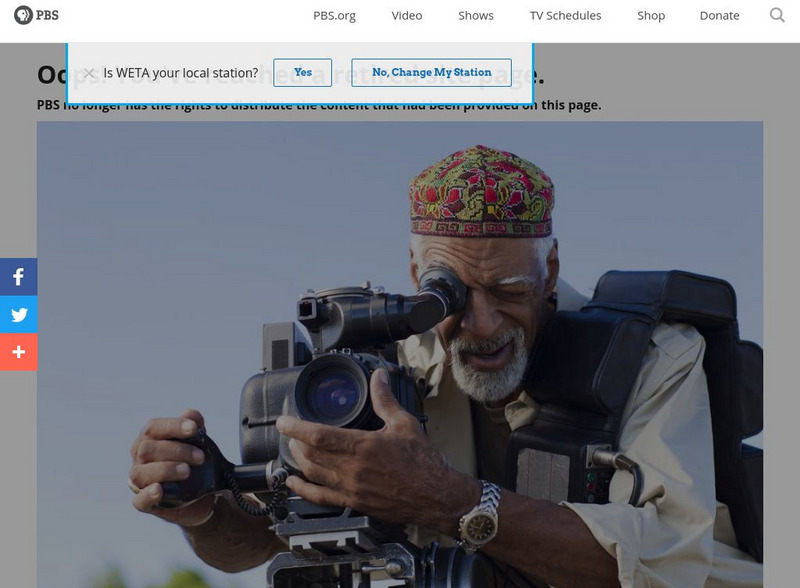
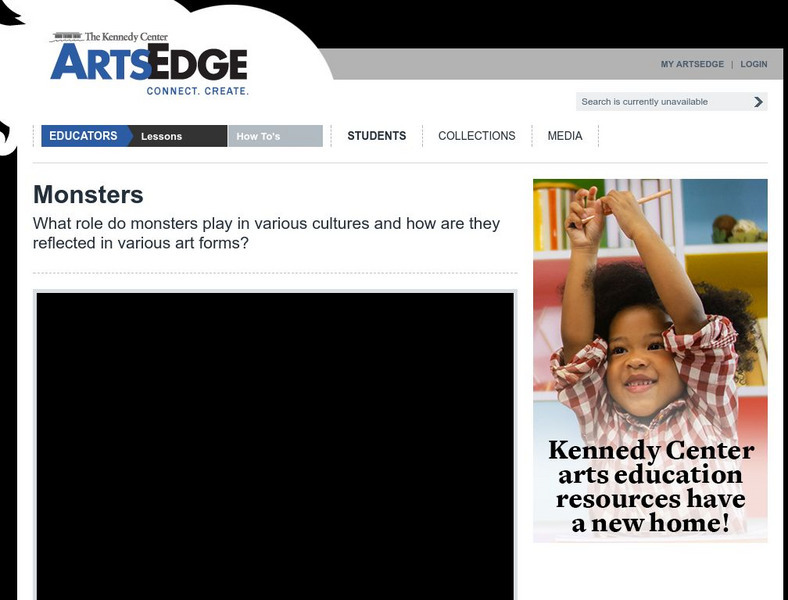
![Holt, Rinehart and Winston: Elements of Literature: Discovering Irony [Pdf] Graphic Holt, Rinehart and Winston: Elements of Literature: Discovering Irony [Pdf] Graphic](http://content.lessonplanet.com/resources/thumbnails/411247/large/bwluav9tywdpy2symdiwmduymc01ndiylxo4dxvqyi5qcgc.jpg?1589993091)

